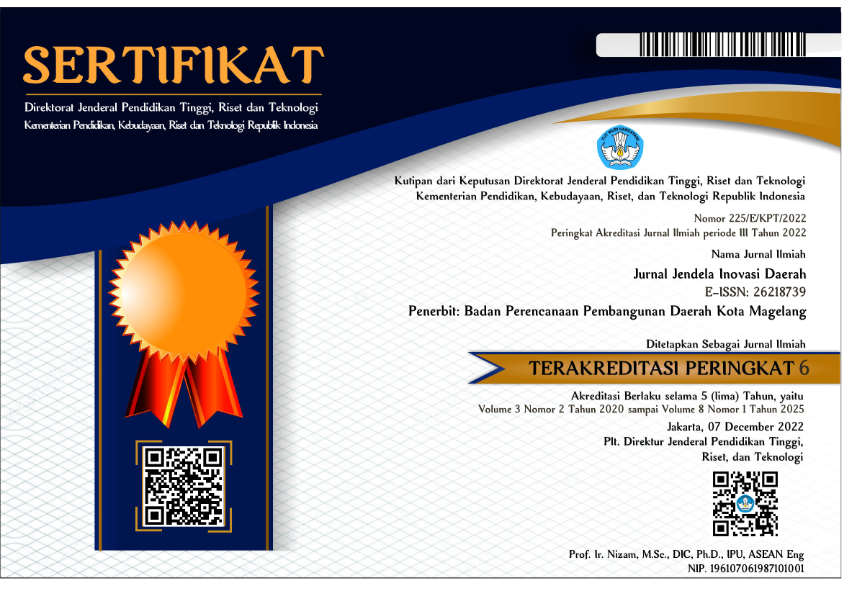DOMINASI PERAN MASYARAKAT DALAM KOLABORASI PENYEDIAAN RUANG TERBUKA HIJAU PUBLIK DI KOTA PAYAKUMBUH
Abstract
The provision of public Green Space (PGS) is mandated by law and is a responsibility of local governments. Despite numerous efforts, several regions continue to face challenges in meeting the needs for PGS, primarily due to resource constraints, including budget limitations. To address these challenges, multi-stakeholder collaboration is essential. This study aims to identify and analyze various forms of collaboration undertaken by the local government of Payakumbuh in the provision of PGS. Using an exploratory approach and qualitative methods, data were collected through document studies, field observations, and in-depth interviews with 25 informants, comprising 17 government representatives, 5 private sector members, and 3 community leaders. The findings indicate that the local government of Payakumbuh has established diverse collaborations with various parties, including other government agencies, the private sector, and the community. The role of the community has proven significant in enhancing the achievement of PGS. As landowners, community members collaborate with the government, which supports them through policies and assistance with planting materials. Approximately 82.5% of the existing PGS is comprised of Urban Forests, predominantly owned by the community. This collaboration has become the dominant form in achieving the targets for PGS provision.
Copyright (c) 2025 Jurnal Jendela Inovasi Daerah

This work is licensed under a Creative Commons Attribution-NonCommercial-NoDerivatives 4.0 International License.
















